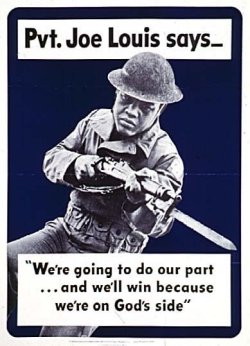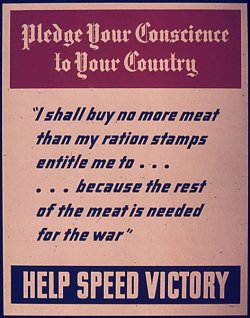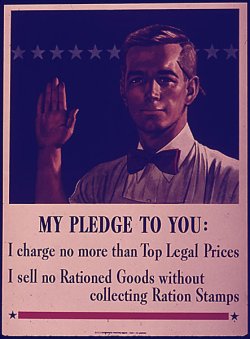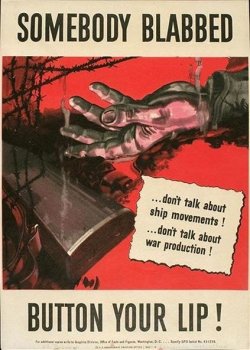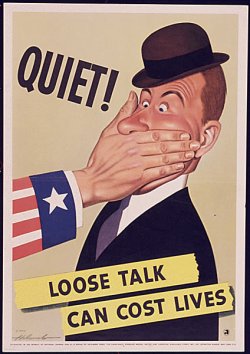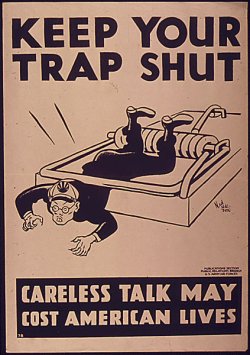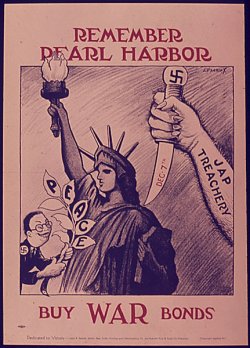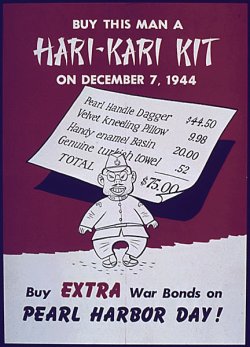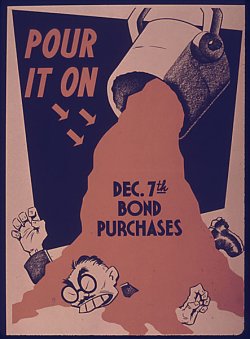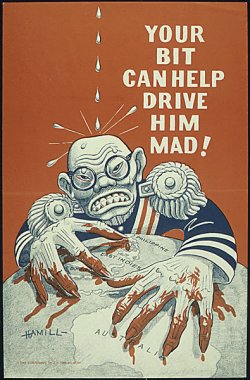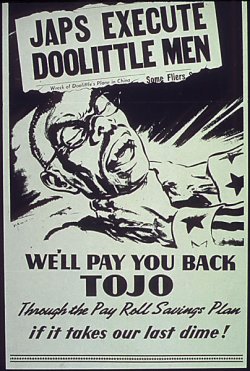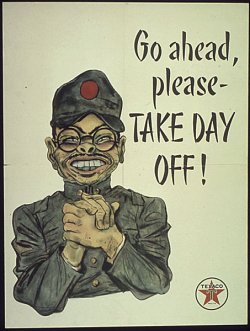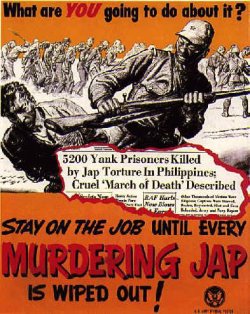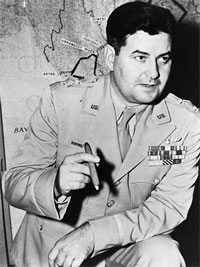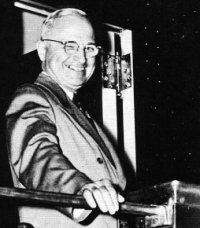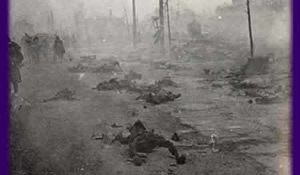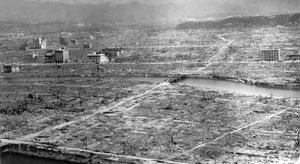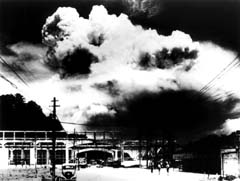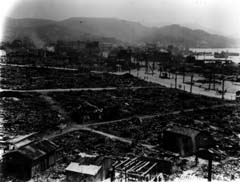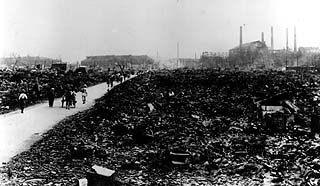Over My Shoulder #26: Robert Paul Wolff on democracy, anarchy, and elective guardianship, from In Defense of Anarchism (1970)
Pick a quote of one or more paragraphs from something you’ve read, in print, over the course of the past week. (It should be something you’ve actually read, and not something that you’ve
read
a page of just in order to be able to post your favorite quote.)Avoid commentary above and beyond a couple sentences, more as context-setting or a sort of caption for the text than as a discussion.
Quoting a passage doesn’t entail endorsement of what’s said in it. You may agree or you may not. Whether you do isn’t really the point of the exercise anyway.
Here’s the quote. This is beach reading, from Robert Paul Wolff’s In Defense of Anarchism (1970), one of the few widely-read defenses of philosophical anarchism in contemporary academic political philosophy. Wolff’s central argument is that there is an irreconcilable conflict between any claim of legitimate State authority, and the duty of each person to live up to something like Kant’s notion of moral autonomy. In this passage, he’s just finished presenting the sole exception to this rule: the limiting case of a government
based solely on unanimous direct democracy (in which the problem vanishes precisely because the distinction between goverors and subjects breaks down, and no-one is subject to a law that she did not legislate for herself). He goes on to critically discuss the excuses that are made for trying to transfer the legitimacy of unanimous direct democracy to systems based on either or both of two deviations from it: first, by putting direct legislative authority in the hands of elected representatives
, and second, by making decisions (whether on the laws themselves or on the representatives
to make the laws) on the basis of majority rule rather than unanimity. This is from the section on representative democracy
:
We may distinguish a number of types of representation, ranging from the mere delegation of the right to vote a proxy to a complete turning over of all decision-making functions. The question to be answered is whether any of these forms of representation adequately preserve the autonomy which men [sic] exercise through decisions taken unanimously by the entire community. In short, should a responsible man commit himself to obey the laws made by his representatives?
The simplest sort of representation is strict agency. If I am unable to attend the assembly at which votes are taken, I may turn over my proxy to an agent with instructions as to how to vote. In that case, it is obvious that I am as obligated by the decisions of the assembly as though I had been physically present. The role of legal agent is too narrowly drawn, however, to serve as an adequate model for an elected representative. In practice, it is impossible for representatives to return to their districts before each vote in the assembly and canvass their constituents. The citizens may of course arm their representative with a list of their preferences on future votes, but many of the issues which come before the assembly may not have been raised in the community at the time the representative was chosen. Unless there is to be a recall election on the occasion of each unforseen deliberation, the citizens will be forced to choose as their representative a man [sic] whose general
platformand political bent suggests that he [sic] will, in the future, vote as they imagine they would themselves, on issues which neither the citizens nor their representative yet have in mind.When matters have reached this degree of removal from direct democracy, we may seriously doubt whether the legitimacy of the original arrangement has been preserved. I have an obligation to obey the laws which I myself enact. I have as well an obligation to obey the laws which are enacted by my agent in strict accord with my instructions. But on what grounds can it be claimed that I have an obligation to obey the laws which are made in my name by a man [sic] who has no obligation to vote as I would, who indeed has no effective way of discovering what my preferences are on the measure before him? Even if the parliament is unanimous in its adoption of some new measure, that fact can only bind the deputies and not the general citizenry who are said to be represented by them.
It can be replied that my obligation rests upon my promise to obey, and that may in fact be true. But insofar as a promise of that sort is the sole ground of my duty to obey, I can no longer be said to be autonomous. I have ceased to be the author of the laws to which I submit and have become the (willing) subject of another person. Precisely the same answer must be given to the argument that good effects of some sort will result from my obeying the duly elected parliament. The moral distinction of representative government, if there is any, does not lie in the general good which it does, nor in the fact that its subjects have consented to be ruled by a parliament. Benevolent elective kingship of a sort which has existed in past societies can say as much. The special legitimacy and moral authority of representative government is thought to result from its being an expression of the will of the people whom it rules. Representative democracy is said not simply to be government for the people but also government (indirectly) by the people. I must obey what the parliament enacts, whatever that may be, because its will is my will, its decisions my decisions, and hence its authority merely the collected authority of myself and my fellow citizens. Now, a parliament whose deputies vote without specific mandate from their constituents is no more than the expression of their will than is a dictatorship which rules with kindly intent but independently of its subjects. It does not matter that I am pleased with the outcome after the fact, nor even that my representative has voted as he [sic] imagines I would have liked him to. So long as I do not, either in person or through my agent, join in the enactment of the laws by which I am governed, I cannot justly claim to be autonomous.
Unfounded as is traditional representative government’s claim to the mantle of legitimacy, it seems impeccable in comparison with the claims of the form of
democraticpolitics which actually exist in countries like the United States today. Since World War II, governments have increasingly divorced themselves in their decision-making from anything which could be called the will of the people. The complexity of the issues, the necessity of technical knowledge, and most important, the secrecy of everything having to do with national security, have conspired to attenuate the representative function of elected officials until a point has been reached which might be called political stewardship, or, after Plato,elective guardianship.The President of the United States is merely pledged to serve the unspecified interests of his [sic] constituents in unspecified ways.–Robert Paul Wolff, In Defense of Anarchism (ISBN 0520215737), pp. 28–31.
